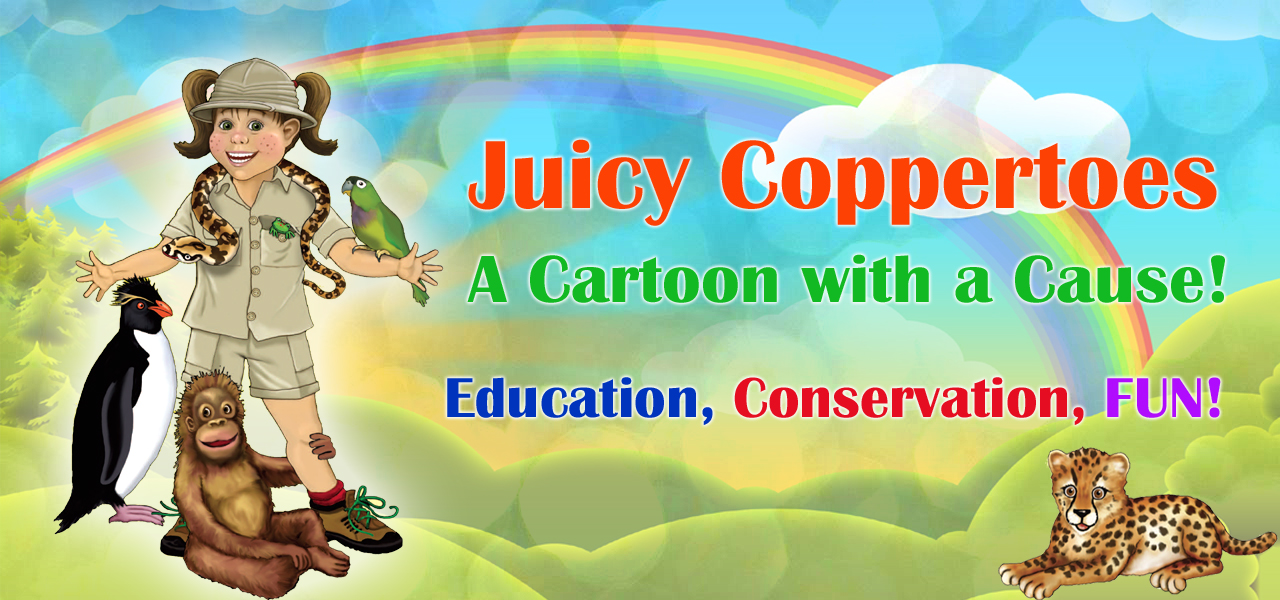
Conservation TIPS, easy things YOU can do to help save WILDLIFE and the PLANET!
 Reduce: By using an item more than once you can reduce the amount of waste you send to the landfill. You also reduce the amount of natural resources it takes to make many of the things you use every day like paper. At school you can reduce paper use by using both sides, and then recycle it so it can be used again… you can save some trees from being cut down to make paper.
Reduce: By using an item more than once you can reduce the amount of waste you send to the landfill. You also reduce the amount of natural resources it takes to make many of the things you use every day like paper. At school you can reduce paper use by using both sides, and then recycle it so it can be used again… you can save some trees from being cut down to make paper.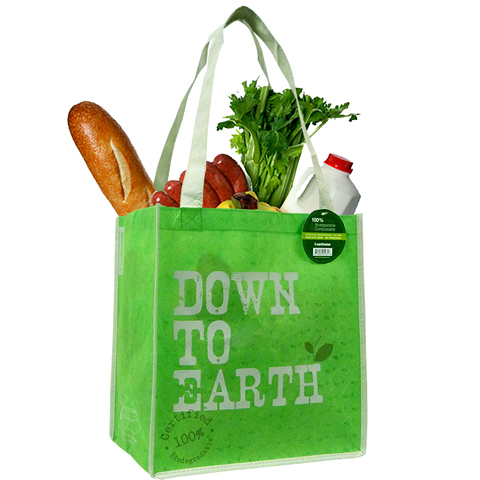
Reuse: So many things that we throw away are reusable for something else. If we put them in our trash they have to be burned or buried in landfills. Think about creative ways you can use things like grocery bags and boxes like storing toys or photographs. Donate your unwanted toys to a thrift store for other children to play with.
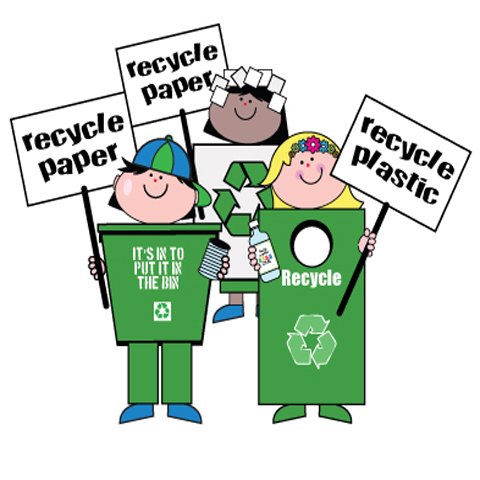 Recycle: This is so easy and really helps to conserve nature. When you recycle you help slow down the amount of wild land that is cut down, burned, and mined. This leaves more habitat and food for wildlife. Make sure your parents have two trashcans in the kitchen, one for actual trash and the other for everything that can be recycled. Paper, plastic, cardboard, aluminum and some metals are all recyclable.
Recycle: This is so easy and really helps to conserve nature. When you recycle you help slow down the amount of wild land that is cut down, burned, and mined. This leaves more habitat and food for wildlife. Make sure your parents have two trashcans in the kitchen, one for actual trash and the other for everything that can be recycled. Paper, plastic, cardboard, aluminum and some metals are all recyclable.
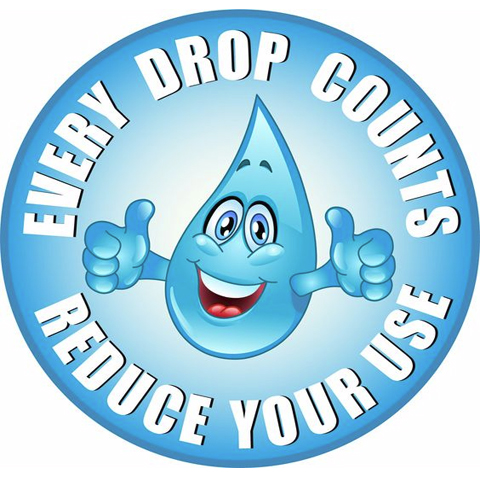 Water: Turn the water off when you brush your teeth or wash the dishes. Run automatic dishwashers only when they are full. The more people there are on Earth the more water is needed for them to drink and use for bathing. The more we save the more there will be for everyone.
Water: Turn the water off when you brush your teeth or wash the dishes. Run automatic dishwashers only when they are full. The more people there are on Earth the more water is needed for them to drink and use for bathing. The more we save the more there will be for everyone.
 Electricity: Turn off lights, TV’s, radios, and other electronics when you leave a room. The less we use the less our natural resources will be destroyed to supply power. Change
Electricity: Turn off lights, TV’s, radios, and other electronics when you leave a room. The less we use the less our natural resources will be destroyed to supply power. Change 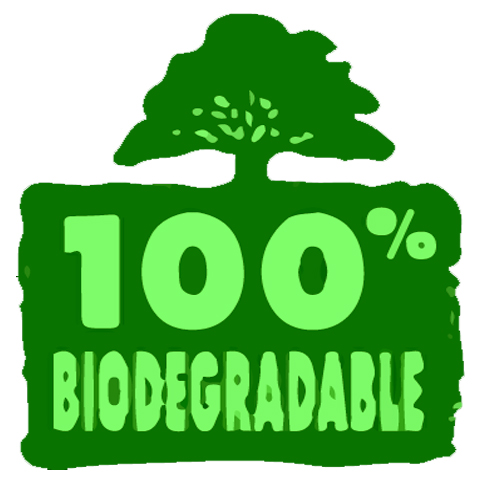 all your light bulbs to LED bulbs. They use far less electricity!
all your light bulbs to LED bulbs. They use far less electricity!
Product selection: Ask your parents to select biodegradable and recycled products. Look to see if there is a recycling or biodegradable symbol on a package before you buy.
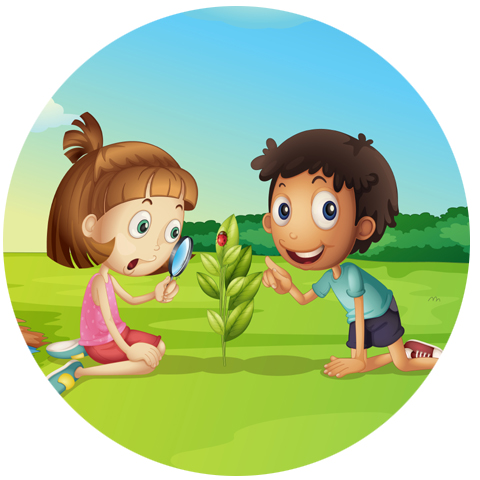 Respect the natural world: Don’t disturb bird nests; don’t pull flowers out of the ground. Leave ducks and geese alone and don’t chase squirrels. Appreciate wild animals from a distance, don’t try and feed or pet them. Use your parent’s binoculars if you want a close-up look. Make drawings or take pictures of what you see so you can remember the special animals or plants you see. Use the Internet or go to the library to learn more about all the fascinating plants and animals found in nature. Allow wildlife to have their space.
Respect the natural world: Don’t disturb bird nests; don’t pull flowers out of the ground. Leave ducks and geese alone and don’t chase squirrels. Appreciate wild animals from a distance, don’t try and feed or pet them. Use your parent’s binoculars if you want a close-up look. Make drawings or take pictures of what you see so you can remember the special animals or plants you see. Use the Internet or go to the library to learn more about all the fascinating plants and animals found in nature. Allow wildlife to have their space.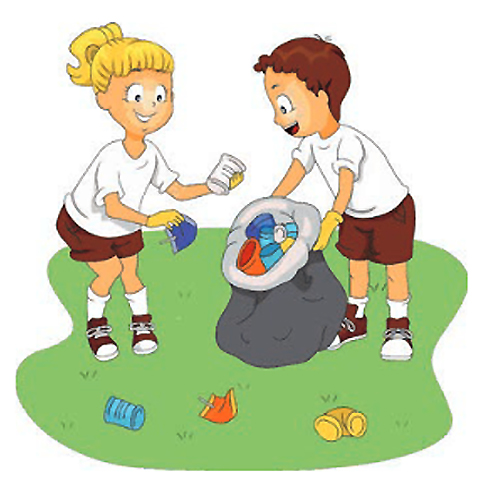
Help clean up wild habitats: Look for trash when you are visiting the forest or beach, carry a recycled plastic bag with you so when you find trash you can take it with you. When you help keep the environment clean you help keep animals healthy. Many animals mistake plastic bags, containers, pieces of foil, and other trash for food and eat it. They can then become very sick or even die. Trash has no place in nature.
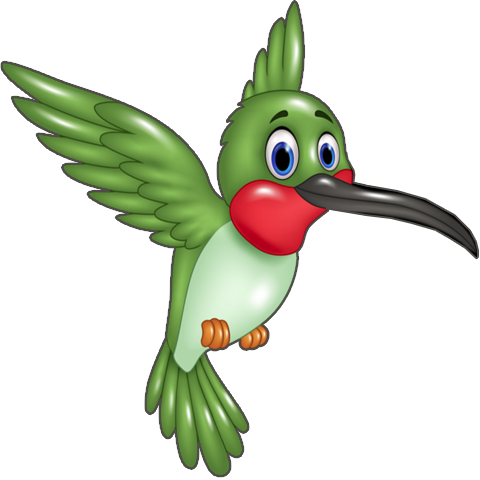 Create your own wildlife refuge: Wildlife face many problems everyday, none bigger than the loss of their homes. Create your own wildlife habitat in your backyard by providing nest boxes for local birds so they can raise their young. Put up a bird feeder or two, one for seedeaters like sparrows and one for nectar eaters like hummingbirds. Have your parents plant more trees and bushes so your family can provide food and shelter for all kinds of small animals. After you and your parents make this new habitat you can spend time outside enjoying nature and watching what you see.
Create your own wildlife refuge: Wildlife face many problems everyday, none bigger than the loss of their homes. Create your own wildlife habitat in your backyard by providing nest boxes for local birds so they can raise their young. Put up a bird feeder or two, one for seedeaters like sparrows and one for nectar eaters like hummingbirds. Have your parents plant more trees and bushes so your family can provide food and shelter for all kinds of small animals. After you and your parents make this new habitat you can spend time outside enjoying nature and watching what you see.
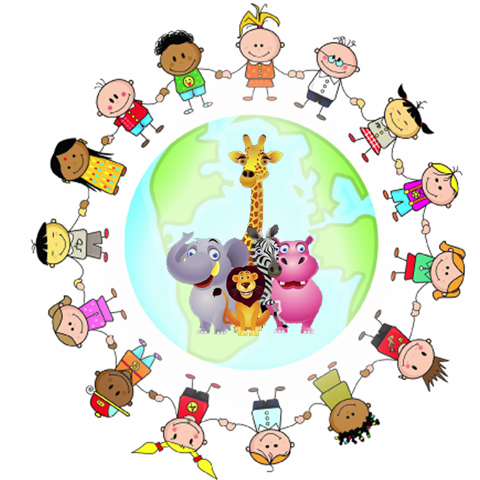 Adopt a habitat: Many conservation organizations like the World Wildlife Fund, National Wildlife Federation and the Nature Conservancy all have programs in which you can directly help protect an area of wild habitat. Get a group of friends together and have a bake at sale school, a garage sale, or a neighborhood car wash to raise the money for something like this. Often you can protect a portion of the wild for as little as $20.
Adopt a habitat: Many conservation organizations like the World Wildlife Fund, National Wildlife Federation and the Nature Conservancy all have programs in which you can directly help protect an area of wild habitat. Get a group of friends together and have a bake at sale school, a garage sale, or a neighborhood car wash to raise the money for something like this. Often you can protect a portion of the wild for as little as $20.
If you use your common sense and imagination you will be surprised at how many simple ways you can come up with to help save wildlife and wild places. If we all work together and do our part we can change the world!
RETURN TO MAIN CONSERVATION PAGE:
